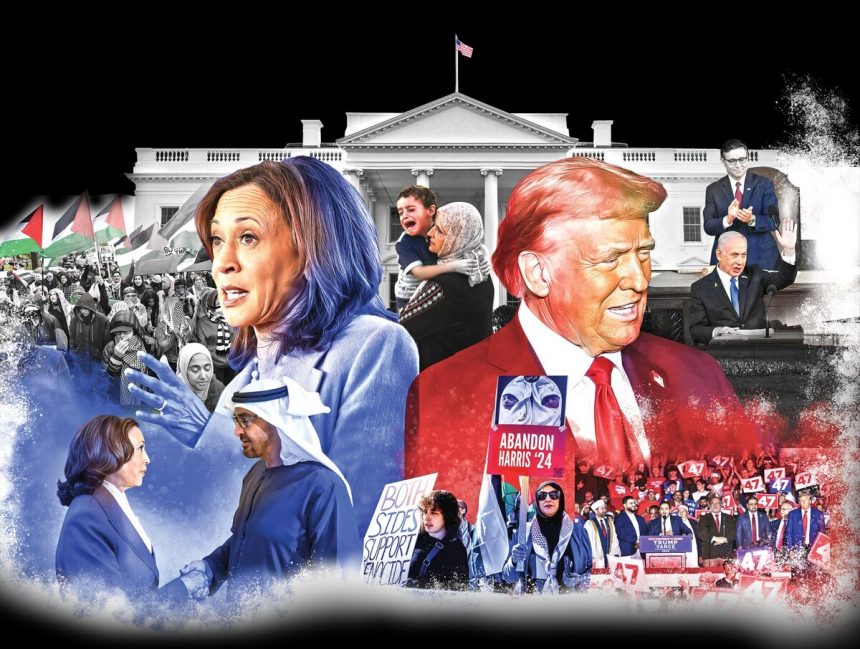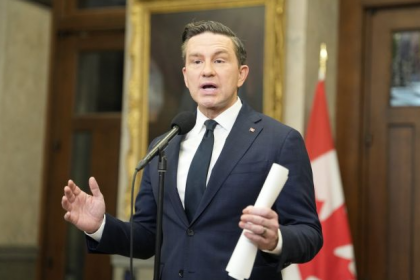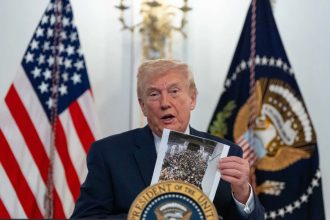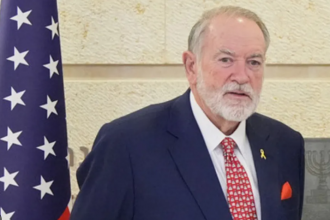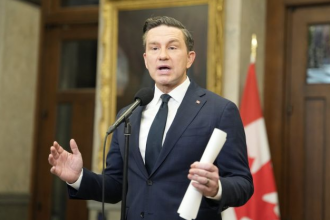Nov. 05, 2024; LONDON: They are a minority of about 1 percent. In the 2020 US census—the first that specifically sought information about MENA origins—just 3.5 million of America’s 334 million citizens reported being of Middle Eastern and North African descent.
However, as Americans go to the polls today to select their next president, that 1 percent is poised to have a 100 percent impact on one of the most important US elections for a generation.
No one would suggest that this is a homogeneous group. Culturally, historically and linguistically, being “Arab” is an umbrella term for peoples as diverse as the 22 nations that comprise the League of Arab States.
But as an exclusive Arab News/YouGov survey revealed last month, in the run-up to the 2024 US presidential election, all Arab Americans have been united — in grief and outrage and in disappointment at the performance of the current US administration over the shocking events that have taken place in Gaza and Lebanon over the past year.
The survey also found that Arab Americans were preparing to vote in unprecedented numbers — underscoring just how important their swing-state vote will have been today for Kamala Harris and Donald Trump.
The survey also revealed, however, that Arab Americans are divided over which of the two main candidates to vote for.
This explains the last-minute efforts by both Harris and former President Donald Trump to woo the Arab American vote.
Right up to the wire, the election race has been too close to call, which is why in the crucial swing states that happen to be home to the largest concentrations of Arab Americans, their votes have become like gold dust.
On Sunday, Harris was in Detroit, announcing, “I am honoured to have the support of many Arab American leaders who represent the interests and concerns of the Arab American community.”
She also made sure to repeat a line she has delivered frequently during the campaign as she sought to distance herself from association with the perception that the Biden administration had failed to hold Israel in check over the past year.
“The level of deaths of innocent Palestinians is unconscionable,” she said. The Arab News/YouGov survey revealed the extent to which traditional Arab American support for the Democratic Party has ebbed away over the Palestine issue. In October, Harris met community leaders in Flint, Michigan, in a clear attempt to make the point that, although she served as his vice president, she is not Biden.
However, some community leaders declined the invitation to meet Harris, and not everyone who took part in a virtual meeting with Harris’ national security adviser, Phil Gordon, was reassured by the overture.
Ali Dagher, a Lebanese-American community leader who did not attend the meeting, described Harris’ outreach to the Arab community as “too little, too late.”
Both campaigns have been very aware that of all seven battleground states, the result in Michigan appears to have been the most finely balanced, and on Friday, it was Trump’s turn to assure the 200,000 Arab American voters in the state there that he was on their side.
In messages found on billboards along Michigan’s highways, Trump portrayed himself as pro-peace in the Middle East while casting Harris as pro-Israel. Skeptics saw it as a curious flight of fancy for a man whose record as president was entirely pro-Israel, and not all of them were falling for it.
“We’re not naive about what he means for our community,” Rexhinaldo Nazarko, executive director of Michigan advocacy group the American Muslim Engagement and Empowerment Network, told the BBC.

